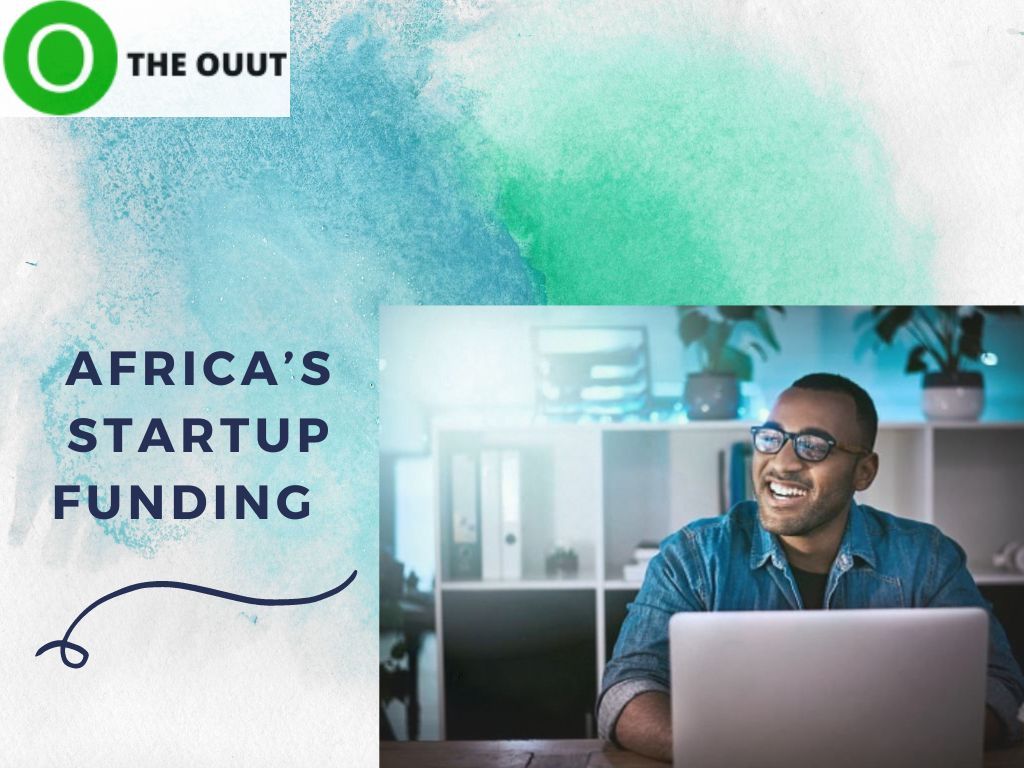Africa’s Startup Funding Scene Looks to Rise in Q4 2022. The Ouut Highlight the Pull Factors

The amount of funding committed to a particular sector directly affect the development, quality, and services generated from the sector. Funding maximizes the benefits available for a sector or unit and transmits a signal that the founders are willing to grow. Whether these funds come as Seed Money –required to get the business running; Cash Flow – the day-to-day expenses and revenues or Expansion – series A, B, C, D to grow new locations, products, a properly utilized funding will yield optimal outcome. With tightening Global financial conditions, startup funding in Africa has not really enjoyed the consistency it began the year with.
However, October has seen some improved rounds of funding, bringing back the joy and hope for another record funding year. Not to be too sentimental, but Africa’s funding revival almost when experts predicted a continuous fall in the value of cryptocurrencies. According to 53 financial experts surveyed by Finder.com in July, the price of Bitcoin (BTC) will plummet to $13,676 per unit this year.
African startups seemed to be immuned to the challenges their global counterparts faced, raising $1 billion in the first seven weeks of the year and $2.25 billion by the end of Q1 all in the face of the global economic inflation. While venture capital investments in other continents recorded negative YoY growth, Africa enjoyed massive interests from foreign investors.
However, Africa’s startup scene did not see that sustained interest in the last months. In July 2022, African startups made 20 fully disclosed raises totaling $239,706,000, the lowest amount raised so far in a month. While it is possible that global inflation might be responsible for this crisis, it is not impossible that cryptocurrency investment might have contributed.
Away from the Global Inflation
While Africans or its governments cannot rapidly fix her global economic outlook in the short-run, Africans must continue to hope Europe and the US do not suffer massive economic turbulences, as it will surely affect Africa’s startup funding and investment scene.
According to a report by Briter Bridges, 62.5% of investors involved in the top 20 deals raised by African tech companies in 2021 came from the United States, 7.5% were from the United Kingdom, and 4% from Canada. This is not good for the region. The current economic narrative in the West does not spell anything good for Africa’s startup space.
War in Europe, Drop in Tech Funding in Africa
U.S. and European business activity fell in October, according to new surveys. A sharp slowdown in services activity, the biggest driver of the U.S. economy, led the decline. Meanwhile, Europe’s energy costs are going up as it goes head to head with Russia over Ukraine war sanctions, and China’s exports are slowing.
The European Central Bank is set to raise its benchmark interest rate to 1.50%, and the Federal Reserve is anticipated to approve another rate increase of 0.75 percentage points the following week. Investors anticipate that the Fed will scale back its rate rises in December, which will provide bonds and stocks a break right now. Through brokerage companies, consumers can find CDs with the highest interest rates in years—yup, 4.5%.
Africa must set up inclusive solutions via regional integration and economic diversification, and mobilization of resources to rid herself of the status of ‘Shadow of the West’. But while it is at it, the current pickup in tech funding might just be a sign that the world is moving out of the economic financial inflation.
Opting for Startup Funding Rather than Cryptocurrency Investment
Bitcoin has been down about 60% this year. Its price has been stuck between $18,171 and $25,203 for month, unable to meaningfully break out of that band. Volatility has also largely subsided, with the T3 Bitcoin Volatility Index down 33% since the token hit its all-time high of almost $69,000 on Nov. 10.
Also read: https://theouut.com/the-professional-narratives-on-the-present-state-of-crypto-trading/
The level of risk a person is willing to take changes throughout time. Many investors desire to purchase riskier assets when the market is rising and the economy is doing well. The year 2022 has been a bitter one for cryptocurrency investors. Bankruptcies like those of Voyager Digital Ltd. and the $40 billion destruction of the Terra Blockchain ecosystem were also common. Things started to change in June, when the general macroeconomic climate deteriorated and traders began to look to more conventional assets like Treasuries and FX for gains, causing cryptocurrency to flatten to its present range-bound level.
It is quite possible that this fall in the value of cryptocurrencies is helping Africa’s tech ecosystem win back its investors. When asked in July, crypto investors said that bitcoin was more likely to drop to $10,000 than to climb to $30,000. Bitcoin has been down about 60% this year, it is likely that investors are now turning towards alternative investment channels like startup funding.
